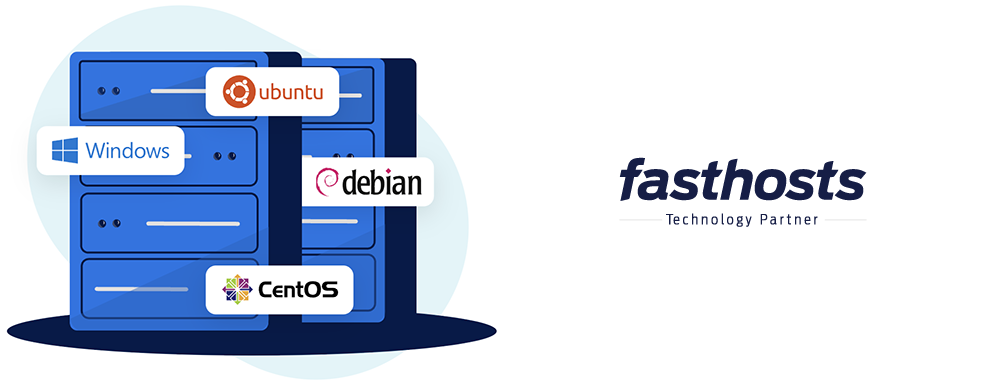Tag: Linux
All articles tagged with Linux.
All articles tagged with Linux.
As a Fasthosts technology parter, I was lucky enough to tour the Fasthosts data centre last December. During the tour, I learned that they were planning on improving their VPS product this year with 1Gbps bandwidth and new storage VPS plans.
Even with the knowledge of the improvements they were planning to make, I was excited when they announced a brand-new “2nd edition” VPS. After purchasing one, I discovered they are running on an entirely new platform, which is free of VMware.
In this article, I’ll review Fasthosts’ new “Edition 2” VPS offering, much like I reviewed the 1st edition.
The Fedora Linux project this week released their latest incarnation: Fedora Linux 39.
It is available for download now in the core Workstation, Server, Cloud and IoT flavours.
This article explains how to upgrade a previous version, such as Fedora 38, to the latest release.

I have hosted my website and applications on a Fasthosts VPS since September 2019. Each year, I have upgraded my VPS to a current model.
What has kept me hosting with Fasthosts for nearly 3 years, and confident in their services that I can recommend them to others?
This article answers those questions and dives into the Fasthosts VPS product to create an honest review from a real, current customer.

Updates for devices running the Linux operating system come in the form of packages. Using the Linux system’s package manager, you install new packages and upgrade them as new versions are released.
Now sure you can log onto each Linux device and run apt update && apt upgrade, or dnf update, depending on your distribution. But what if you have several – even hundreds – of devices to keep updated? And how do you know what new updates are available?
My first post of 2019 is a tutorial that’s all about the cloud.
I’m going to show you how to deploy a PHP application with a MySQL database on a cloud server from UpCloud. I’ll be using the brilliant RunCloud control panel to deploy my PHP photo gallery – Blue Twilight – to an UpCloud server.
My friends over at UpCloud have provided an awesome promo-code for free credit to try out their service. Details at the end of the article.
DevOps , Software Development Read more
The Ubuntu team will this week release Ubuntu Server 18.04.1, the first minor revision to 18.04 since its release on April 26th.
Following the release on July 26th*, Ubuntu 16.04 machines everywhere will soon start to get notifications that a new release is available to upgrade to.
In this article, I’ll show you how to upgrade Ubuntu 16.04 to 18.04 using the command-line. This can be used on all Ubuntu derivatives, but is mostly aimed at Server installs that do not have a graphical interface.
The new EU data protection legislation, GDPR, mandates that every reasonable effort and technology is used to protect personal data. It even goes as far as specifying encryption. The open-source database MariaDB (a drop-in, compatible replacement for MySQL) has supported “encryption at rest” since version 10.1. Use MariaDB encryption to satisify the GDPR recommendation of using encryption to protect your personal data.
Let’s have a look at what it can do and how you can set it up. You won’t have to make a single change to your website or application!
DevOps , Software Development Read more
Ubuntu Server is a Linux distribution that is ideally suited to server workloads. For example: hosting websites and web applications.
In this tutorial, I’m going to show you how to install a LAMP stack – that’s Apache, MariaDB (in place of MySQL) and PHP – on Ubuntu Server using the latest available releases, and how to keep it up-to-date.
DevOps , Software Development Read more
There are several scenarios in which you may want to redirect all your website visitors to a single, primary domain in Apache:
I have recently implemented the following on my own website, and I would like to share this Apache trick.
DevOps , Software Development Read more
It’s the year 2018 and it’s impossible for a software developer to have not heard about (or used) Github, or a variant like Bitbucket. Even self-hosted Git evangelist GitLab is a popular choice.
At the start of February 2018, I provisioned a new Cloud VPS to run my website and other apps. I also chose to migrate all my private Git repositories to it and cancelled my paid Github subscription.
This article explores the reasons why I went self-hosted.